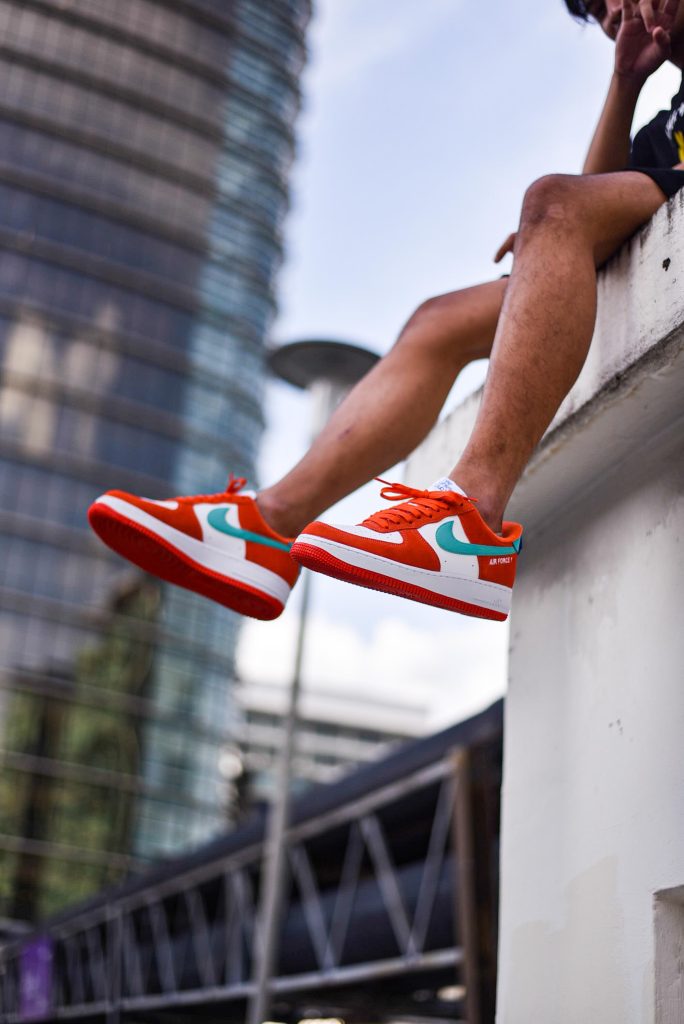Which Footwear is Best for Foot? | Facts 2023
Which Footwear is Best for Foot? Footwear plays a significant role in our daily lives, impacting our comfort, posture, and overall foot health. With a plethora of options available in the market, choosing the right footwear can be a daunting task. Whether you’re an athlete, a fashion enthusiast, or someone looking for everyday comfort, it’s essential to understand which type of footwear suits your feet the best. In this article, we’ll explore various types of footwear and provide valuable insights to help you make an informed decision for your foot health and overall well-being.
I. Understanding Your Foot Type
Which Footwear is Best for Foot?
Before delving into the world of footwear, it’s crucial to understand your foot type. Different individuals have different arch types – flat, neutral, or high. Knowing your foot arch type can help you choose footwear that offers adequate support and prevents discomfort.

II. Sneakers and Athletic Shoes
Sneakers and athletic shoes are popular choices for people with an active lifestyle. They provide excellent cushioning, support, and shock absorption, making them ideal for running, jogging, or any high-impact activities. When choosing athletic shoes, consider your foot arch type and the specific sports or activities you’ll be engaging in.
III. Orthopedic Shoes
Orthopedic shoes are specially designed to support various foot conditions such as plantar fasciitis, arthritis, or diabetes. They offer customized features like extra depth, arch support, and wide toe boxes, providing relief for individuals with foot ailments. Orthopedic shoes promote proper foot alignment and reduce the risk of foot-related problems.
IV. Sandals and Flip-Flops
Sandals and flip-flops are popular choices, especially in warmer climates. However, not all sandals are created equal. Opt for sandals with contoured footbeds and adjustable straps that provide arch support. Avoid flat flip-flops as they lack support and can lead to foot pain and discomfort over time.
V. Boots and Ankle Support
Boots are excellent choices for providing ankle support and stability. Whether you’re hiking, working on rough terrain, or simply want to keep your feet warm and dry, investing in high-quality boots is essential. Look for boots with cushioned insoles, breathable materials, and sturdy ankle support to ensure comfort and safety.
VI. High Heels and Fashion Shoes
High heels and fashion shoes are stylish but can be detrimental to foot health if worn excessively. Prolonged use of high heels can lead to foot deformities, back pain, and joint problems. If you love wearing heels, choose ones with lower heights and wider bases to distribute your weight evenly. Additionally, limit the time spent in heels and alternate with comfortable, supportive shoes.
VII. Barefoot Shoes
Barefoot shoes mimic the natural shape of the foot and provide minimal cushioning. Advocates of barefoot shoes believe they promote better foot strength, balance, and posture. However, they may not be suitable for everyone, especially those with pre-existing foot conditions. Consult a podiatrist before transitioning to barefoot shoes to ensure they are appropriate for your feet.
VIII. Conclusion
Choosing the right footwear is essential for maintaining foot health and overall well-being. Consider your foot type, specific needs, and activities when selecting footwear. Prioritize comfort, support, and proper fit to prevent foot problems in the long run. Remember, your feet deserve the best care, so invest in high-quality shoes that prioritize both style and functionality.
IX. Frequently Asked Questions
1. Are flip-flops bad for my feet?
Yes, flat flip-flops lack arch support and can lead to foot pain and discomfort, especially if worn for extended periods. Opt for sandals with contoured footbeds and arch support to promote foot health.
2. How often should I replace my athletic shoes?
Athletic shoes should be replaced every 300-500 miles or every 6-12 months, depending on your activity level. Worn-out shoes lose their cushioning and support, increasing the risk of injuries.
3. Can wearing high heels cause permanent damage to my feet?
Prolonged use of high heels can lead to foot deformities, back pain, and joint problems. It’s essential to limit the time spent in heels and choose ones with lower heights and wider bases for better stability.
4. What are the benefits of orthopedic shoes?
Orthopedic shoes provide customized support for various foot conditions such as plantar fasciitis, arthritis, and diabetes. They promote proper foot alignment, reduce discomfort, and minimize the risk of foot-related problems.
5. How can I care for my feet to prevent foot problems?
Regularly washing and drying your feet, wearing properly fitting shoes, trimming toenails straight across, and moisturizing your feet can help prevent foot problems. It’s also essential to inspect your feet regularly and seek medical attention for any concerns.




Leave a comment